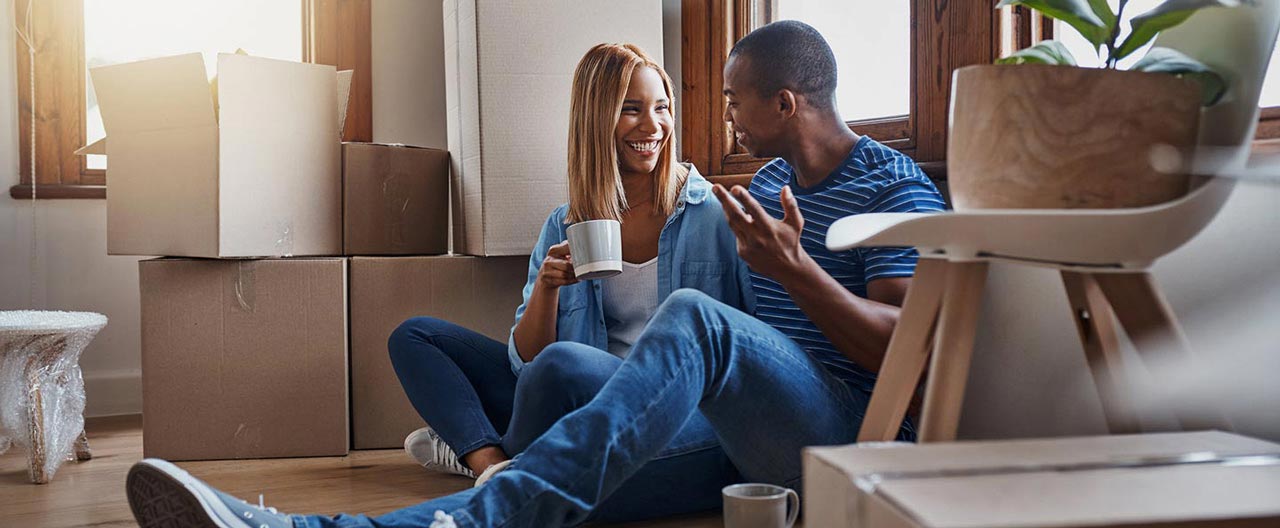- Individuals & Families
- Businesses
- Agents & Brokers
- Embedded Insurance

Chubb ranked #1 for Customer Satisfaction with the Home Insurance Claims Experience

Chubb ranked #1 for Customer Satisfaction with the Home Insurance Claims Experience

Chubb ranked #1 for Customer Satisfaction with the Home Insurance Claims Experience

Chubb ranked #1 for Customer Satisfaction with the Home Insurance Claims Experience

Because pets are family, Chubb now offers pet insurance with top-rated coverage from Healthy Paws.

Chubb offers the insurance protection you need for travel’s many “what ifs”.

Chubb protects small businesses at every stage – from newly formed start-ups to long-time anchors of the community.

Stay ahead of cyber threats with our free Cyber Claims Landscape Report.

Learn more about our dedicated learning paths, Online Learning Center, and more.

Many digital-savvy consumers look for it as a core or add-on option.

Many digital-savvy consumers look for it as a core or add-on option.

Many digital-savvy consumers look for it as a core or add-on option.

Chubb’s in-house technology makes it easy to integrate what we do into your customer experience.
-
About
-
Claims
-
Login & Pay Bill
For Agents & BrokersFor Travel Advisors
-
Back
Making the move from an apartment to your first home is an exciting time! It can also be a little overwhelming, with so many things to think about, plan, and do during the transition. We’ve compiled a few tips to keep you connected and protected, so you can enjoy your new home from day one.
1. Set up – and understand – your utilities
Contact your current service providers and have the utilities in your old apartment disconnected. Then, you’ll need to have water, gas, and electricity working in your new home when you move in. Make sure you know where all the shut-off valves are, in case you need to turn them off for any reason. Water damage is one of the most common claims we see, so you may even want to consider installing a water leak detection system in your home, to ensure that if one of your pipes springs a leak, you’ll know about it and can shut it down before it causes damage.
2. Change the locks and add a security system
It’s great that you got the keys from the previous owner, but that’s really not enough to ensure your home’s security. Have all of the locks changed in your home, to make sure you have the only keys. Now that you’re in a home, you may also want to consider installing a home security system to keep your home secure when you’re away. Having a home security system is a great way to deter burglars from trying to break into your home.
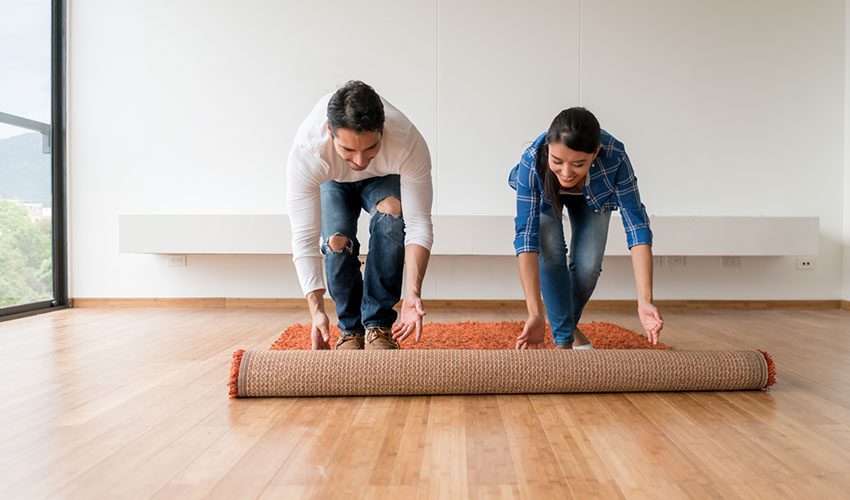
3. Set up your internet – and secure it too
These days, we connect with friends, family, and a myriad of service providers and product manufacturers online. So, your internet connect is probably one of the first things you’ll set up in your new home. Make sure your connection is secure, by using passwords that cannot be easily guessed. You may also want to consider adding cyber insurance, if your homeowner’s policy doesn’t already include it. Cyber protection can help stop cybercrime before it happens (identity theft, malware intrusion, ransomware threat, etc.) and help you prepare for the consequences if it does.
4. Give your new contact information to those who need it
Once you forward your mail, the U.S. Post Office will automatically notify some of your contacts. However, it’s important that you give your new address to all of those who need it – not only friends and family, but banks, healthcare providers, credit card companies, and insurance providers. If you do banking online or use company apps to do business of any kind, you’ll also want to change your information there as well.

5. Transfer your insurance coverage
You may have to set up homeowner’s insurance as part of your mortgage process. If not, make sure you get homeowner’s coverage for your house, any other buildings, and the contents within them. Don’t forget to transfer your car insurance to your new address as well – and if you have your auto insurance with a different provider, you may want to consider putting it with the same insurer as your home, to take advantage of multi-policy discounts.
Insights and expertise
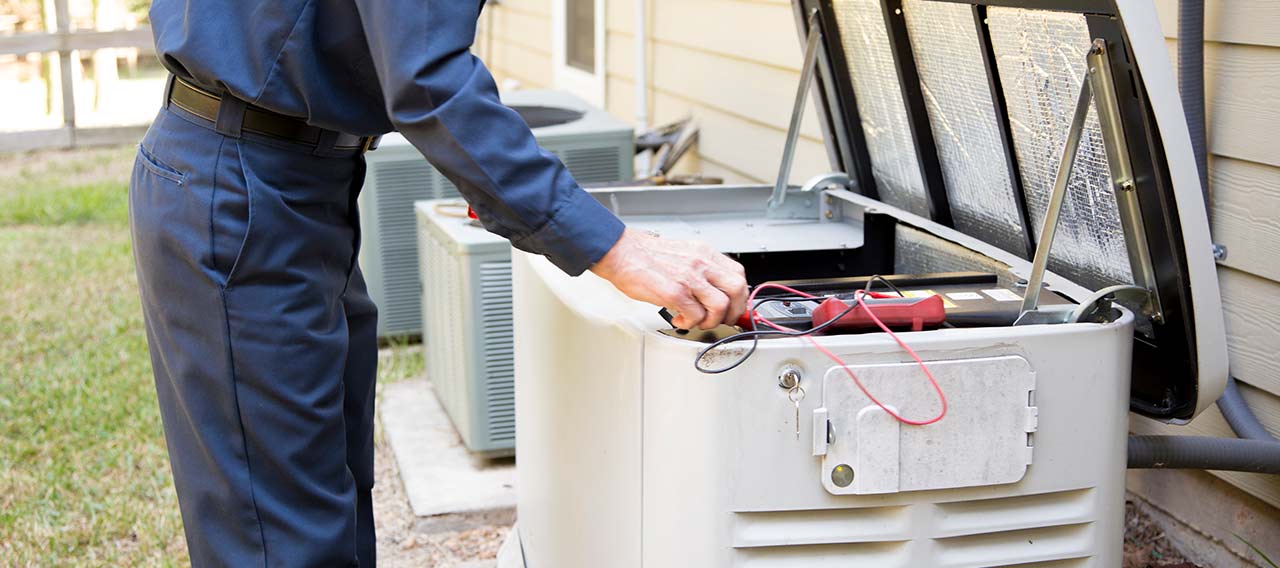
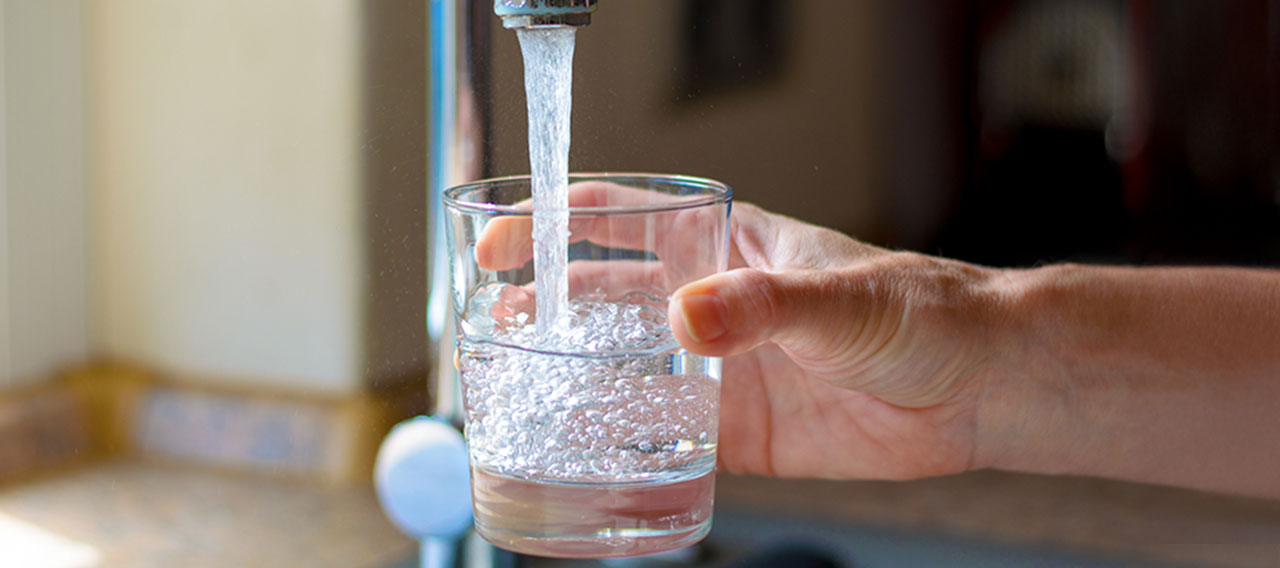

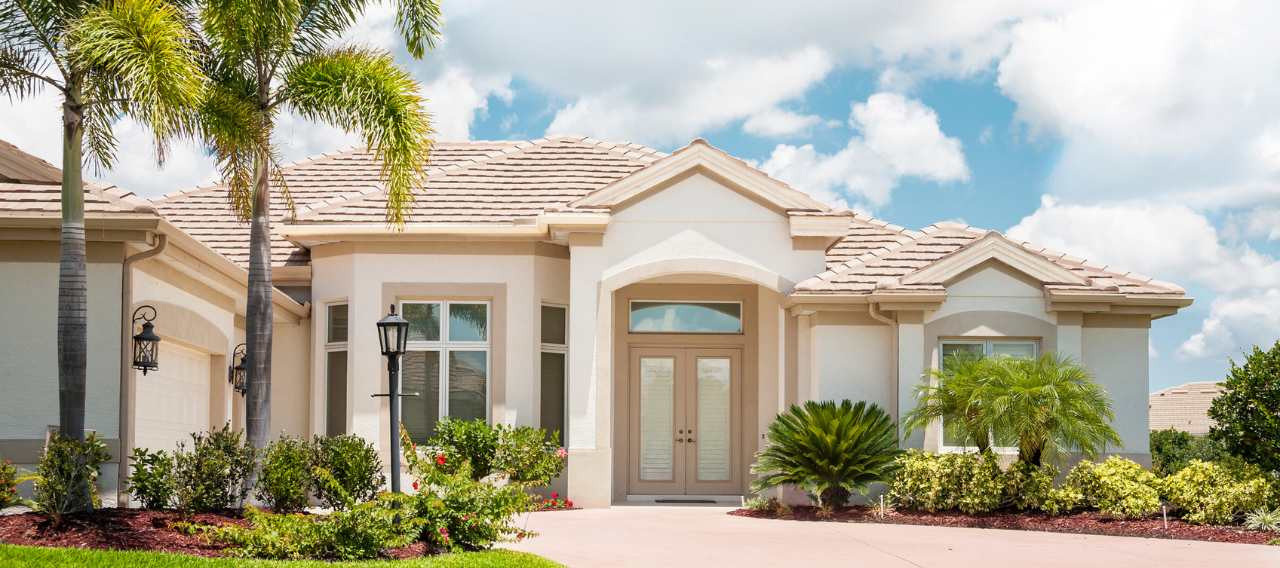
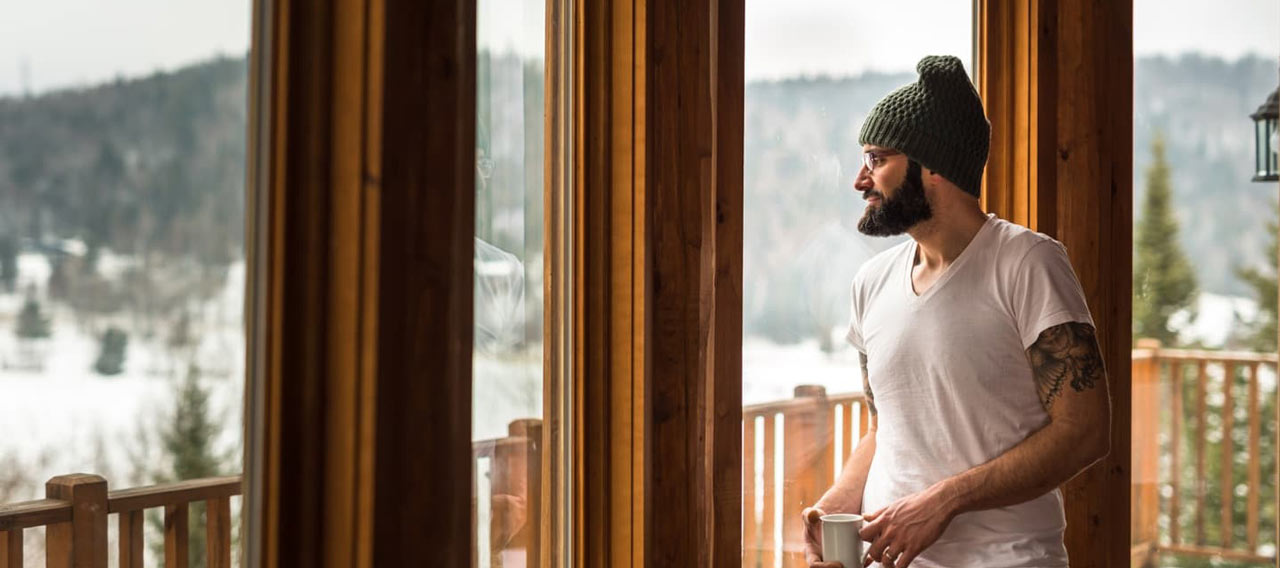

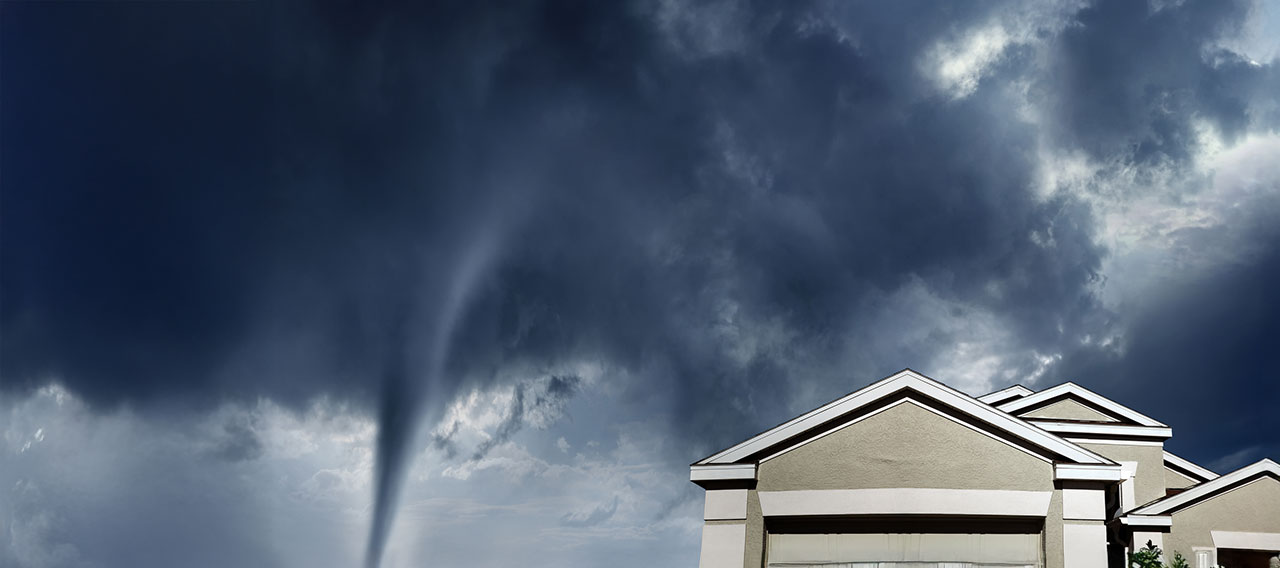
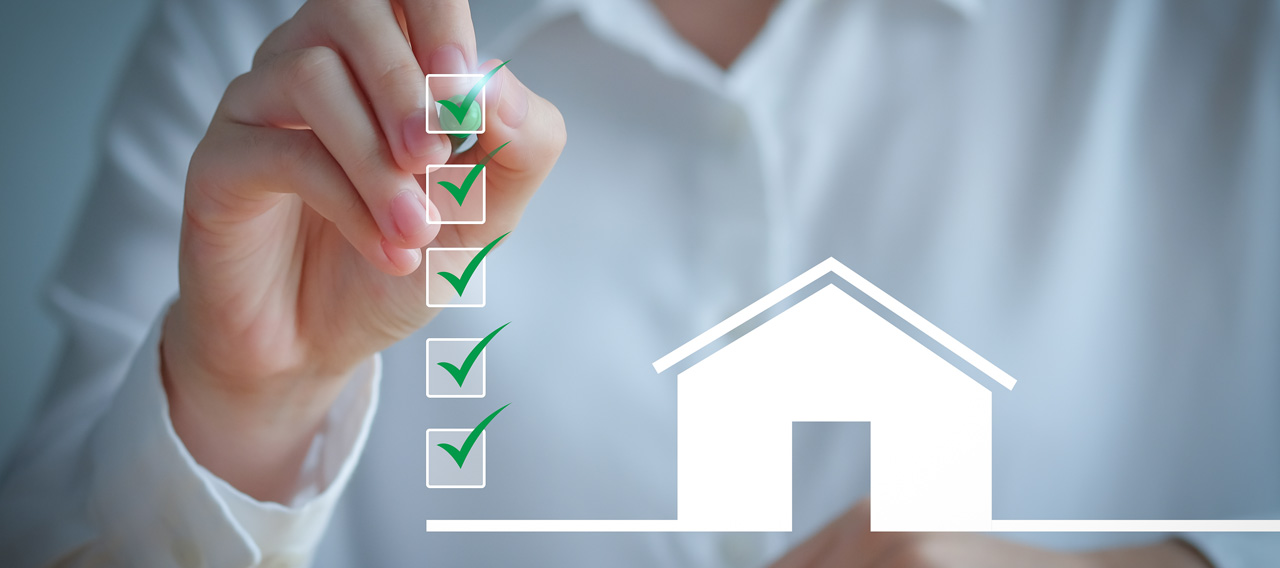
Get a personal insurance quote
Work with an independent agent to get personalized insurance solutions.
This document is advisory in nature and is offered as a resource to be used together with your professional insurance advisors in maintaining a loss prevention program. It is an overview only, and is not intended as a substitute for consultation with your insurance broker, or for legal, engineering or other professional advice.
Chubb is the marketing name used to refer to subsidiaries of Chubb Limited providing insurance and related services. For a list of these subsidiaries, please visit our website at www.chubb.com. Insurance provided by ACE American Insurance Company and its U.S. based Chubb underwriting company affiliates. All products may not be available in all states. This communication contains product summaries only. Coverage is subject to the language of the policies as actually issued. Surplus lines insurance sold only through licensed surplus lines producers. Chubb, 202 Hall's Mill Road, Whitehouse Station, NJ 08889-1600.


